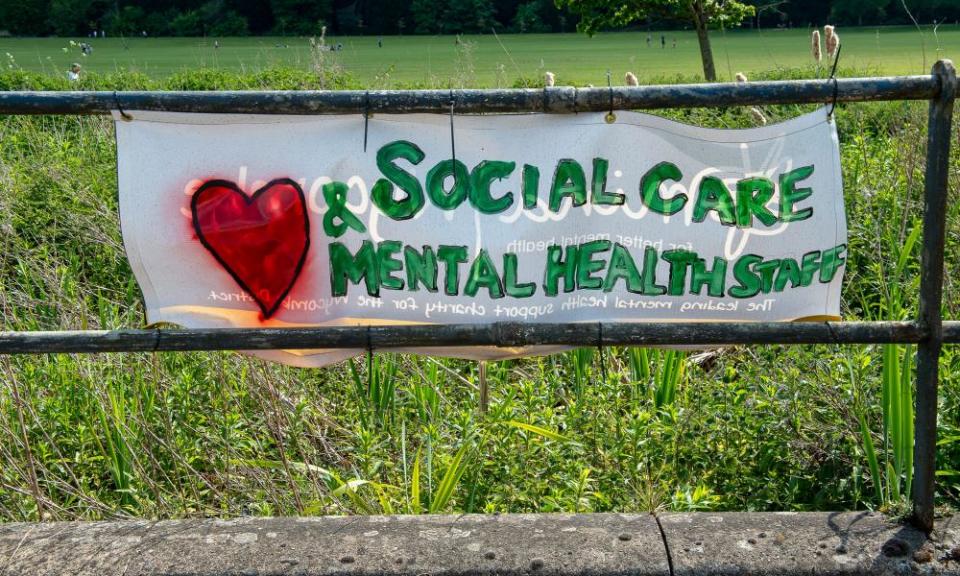Waiting time targets in mental health care are dangerous

With respect to your article, NHS England’s plan to implement five new waiting time standards is mere virtue signalling and will not lead to improvements in mental health care unless backed by increased funding.
As the Guardian has reported, mental health beds are down 25% since 2010, and this is mirrored by similar cuts elsewhere in mental health services. In a system already nearing breaking point, does NHS England really believe that our inability to see patients in good time is down to a lack of targets, rather than resource and staffing shortages?
Parity of esteem for mental health with physical health is a fantastic goal to strive for, but the proposed target for “people who end up in A&E in a mental health crisis to receive face-to-face care within an hour” is not only unrealistic, it’s also dangerous. Mental health already has equal status in A&E, where both physical and mental health problems are subject to the four-hour wait time target.
Dropping this to one hour puts people with mental health crises on equal footing with conditions such as sepsis and stroke, where minutes can mean the difference between life and death. At best, this is another target that our overstretched emergency departments will fail to meet. At worst, this creates a perverse incentive that will cause disability and deaths due to the prioritisation of acute mental health problems over immediately life-threatening conditions.
Dr Benjamin McKechnie
Salisbury district hospital
• Have an opinion on anything you’ve read in the Guardian today? Please email us your letter and it will be considered for publication.

 Yahoo Finance
Yahoo Finance 